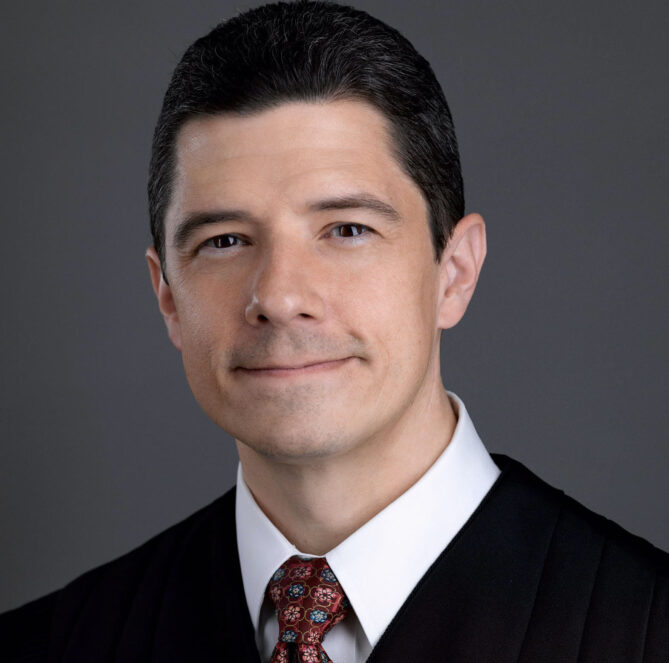Hosted by Texas A&M University Health’s Institute for Healthcare Access, the Texas Medical-Legal Partnership Coalition will hold its 2026 MLP Conference on April 16-18 at the Hilton Fort Worth.
Attendees will explore real-world insights, practical tools, and forward-looking strategies that not only strengthen medical-legal partnership (MLP) but also expand access to the legal and health services that are essential to opportunity for long, healthy lives. Through interactive sessions, dynamic panels, and meaningful networking opportunities, attendees will be able to connect and engage with other practitioners, researchers, educators, policymakers, and advocates working to integrate systems that ultimately improve community well-being, according to a press release.
The conference will focus on leveraging tools and rigorous methods to measure impact, standardize practices, and ensure responsible data use; exploring the legal and financial frameworks needed to sustain and scale integrated care models, emphasizing long-term growth and ethical partnership; and highlighting innovative service delivery methods, community-driven approaches, and systemic impact beyond traditional settings, according to a press release.
For more information and to register for the conference, go to txmlpc.org/mlpconf2026.





